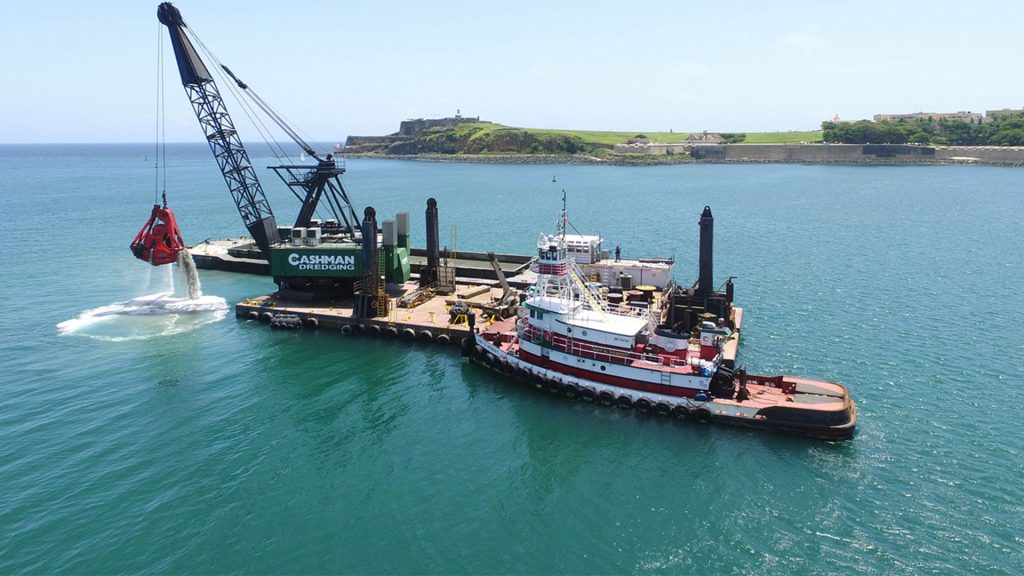from Center for Biological Diversity

SAN JUAN, Puerto Rico— The U.S. Army Corps of Engineers and Puerto Rico Ports Authority announced an agreement today to proceed with dredging in San Juan Bay, Puerto Rico. The project will deepen and widen shipping channels to allow massive liquefied natural gas and long-range oil tankers to import foreign fossil fuels. A lawsuit pending in federal district court challenges the Army Corps’ dredging project.
“The Corps failed to consider the harmful impacts of the huge dredging project on already overburdened communities on the southwestern part of San Juan Bay,” said Federico Cintrón Moscoso, director of the organization El Puente-Enlace Latino de Acción Climática. “The project is a terrible waste of federal funds that could go instead to investing in distributed renewable energy like rooftop solar and storage, as recommended in multiple studies like DOE’s PR100 Year One Update Report released earlier this month.”
The project locks in Puerto Rico’s dependence on foreign oil and gas imports at a time when Puerto Rico has committed to transitioning to 100% renewable energy. The Army Corps completed the project’s fast-tracked environmental assessment in 2018, shortly after hurricanes Irma and Maria caused severe disruption in electricity, communications and food and water throughout Puerto Rico. The hurricanes demonstrated the vulnerability of an energy-generation system dependent on imported fossil fuels, and the subsequent hasty decisions impaired the ability of citizens to engage in energy decisions.
“The Corps’ decision to push this dredging project forward is a huge disappointment. The agency is ignoring local opposition and the clear danger from massive oil and LNG tankers moving through the area,” said Catherine Kilduff, an attorney at the Center for Biological Diversity. “The dredging project and the fossil fuels brought in by these tankers will pollute neighborhoods, kill corals and damage the climate.”
The pending lawsuit challenges the Army Corps’ failure to consider the impacts of the project on environmental justice communities near the petroleum terminals. These communities will suffer a disproportionate burden from air pollution.
The San Juan Bay dredging — which will occur 24 hours a day, seven days a week for 14 months — will remove 2.2 million cubic yards of sea floor and dump it into the ocean. The project will harm acres of seagrass that feed manatees and sea turtles, and this habitat loss will not be mitigated. The Corps also did not incorporate lessons learned from dredging off Miami between 2013 and 2015 that likely killed more than half a million corals. The lawsuit seeks to overturn the environmental review of the Puerto Rico project and send it back for revision.
In October 2022 the Puerto Rico Planning Board formally objected to the federal government’s plan to dispose of dredge waste in five ocean sites around Puerto Rico without further environmental studies. The board did not find the dredge spoil disposal plan to be sufficient for preventing harm to coral reefs, which play a role in preserving fisheries and protecting communities and infrastructure from severe storms.
